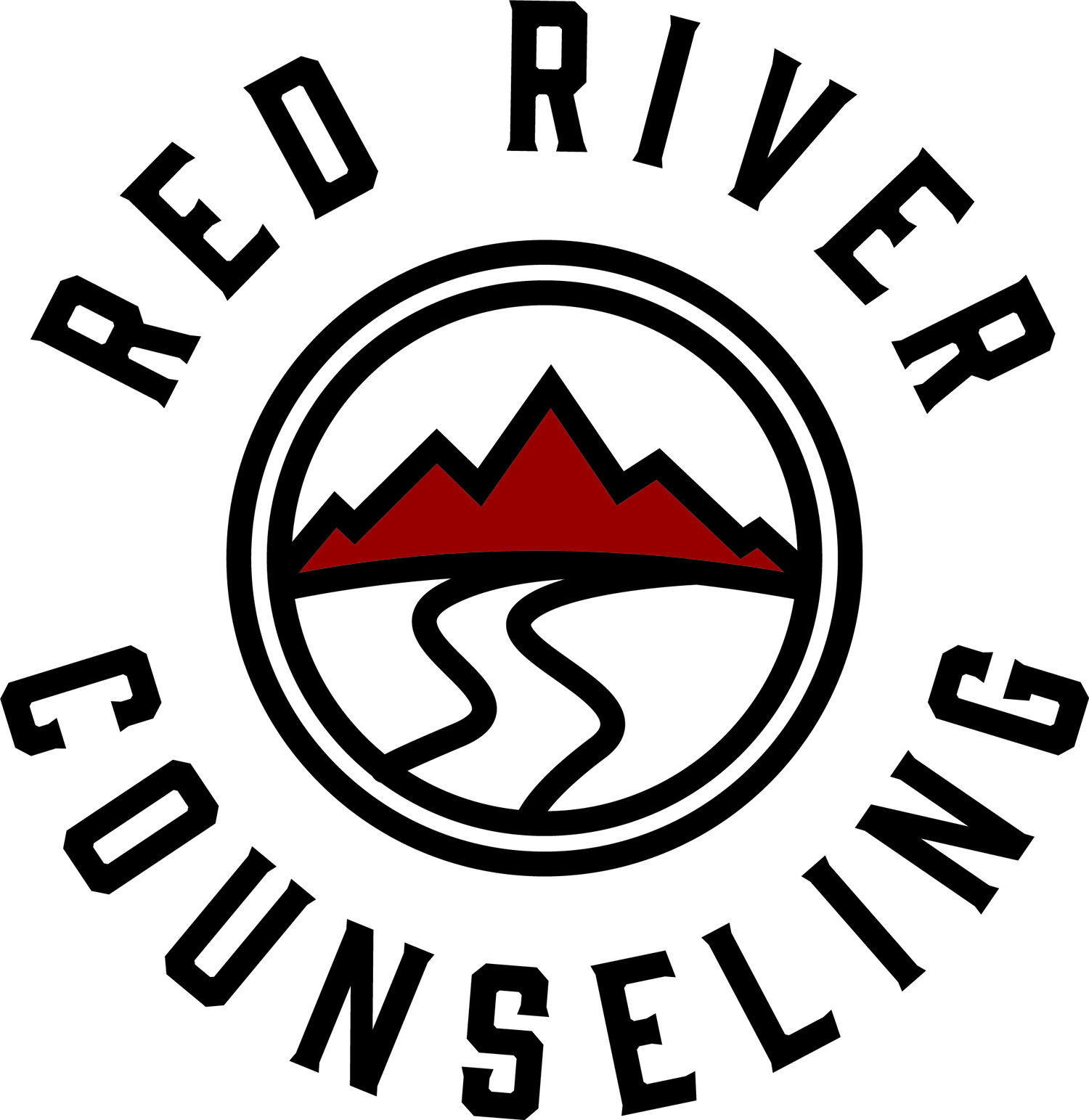Self-Care during Election Stress
/Clearly, I am writing this regarding the 2020 Presidential election, but I do not think it is necessarily bound to just this day or season. What I am writing is applicable to any time where you might feel deeply distressed, which often comes out as feeling afraid, frozen, powerless, or alone. I’ve no doubt that there’s a good chance for the coming days to be filled with even more fear, vitriol, volatility, and anger, but I do not believe that means we lack hope.
In his seminal work “The Body Keeps the Score”, Bessel van der Kolk says that
“We have learned that trauma is not just an event that took place sometime in the past; it is also the imprint left by that experience on mind, brain, and body. This imprint has ongoing consequences for how the human organism manages to survive in the present. Trauma results in a fundamental reorganization of the way mind and brain manage perceptions. It changes not only how we think and what we think about, but also our very capacity to think.”
In this article, I want to talk about how to manage some common stress responses in times of deep distress and anxiety. As I’ve heard from many friends and clients, this election season has the potential to tap into past trauma, which I’ve spoken about often at The Witness BCC, and rather than rediscussing it, I’ll point you to my most recent article on it.
For now, I’m going to look to Scripture, and in particular David, as an example of how to take care of our mind, body, and soul when under distress.
Anger (Fight)
In Psalm 37 David, in old age, after enduring decades with times of peace and times of upheaval, writes about how we ought not to fret because of evildoers or be envious of the success of the wicked, reminding us that they will soon fade away like grass in the winter. Instead, he points us to trust in the Lord, the bringer of righteousness, light, and justice. David then calls for us to be still before the Lord, which is a call to active hope, not passivity. We are to refrain from anger, forsake wrath, and not fret, because we know who has got our back.
Anger is like the black powder in a shotgun shell. It is a secondary emotion, a response to something else. Often, anger is the blasting out of sadness, fear, confusion, or guilt. I think this is why David can say that anger, wrath, and fret only tend to evil – they do not deal with what’s actually going on.
When you find yourself feeling angry in the coming days, I’d encourage you to rewrite a Psalm in your own words, maybe even this one. When you do, you will find a consistent pattern in the Psalms– calling out to God, complaining to Him, asking for His help, and then committing trust to Him.
Then, do something active – take a walk, do some pushups, practice yoga, or shoot some hoops. The energy of stress needs a physical release in the same way that it needs an emotional one.
Hide (Flight)
In 2 Samuel, starting in chapter 20, David is faced with extreme distress as King Saul turns against him, to the point of pronouncing a death sentence on him. David runs to hide, acts insane to get out of a tight situation, and ends up at the Cave of Adullam where a bunch of other distressed folks join him, and then runs away to hide in the wilderness.
It was during this time of fear and hiding that David writes Psalm 59, pleading with God for deliverance from his troubles. Towards the end of the Psalm, David does two intentional things: he sings, and he remembers.
Not only does singing hymns, psalms, and spiritual songs turn us to worship, but according to Dr. van der Kolk, singing also enacts a sense of agency, pulling us out of a stress response and into rhythmic harmony with others. When we sing with others, we fight against the sense of feeling alone, powerless, and frozen.
If you feel a tendency to isolate and hide, I want to first encourage you to sing – alone in your car with some of your favorite tracks and artists, but especially with others. If you expect to feel a lot of anxiety Tuesday night, you might try to organize a time of worship with some close friends.
The second thing David does is that he remembers God’s goodness and faithfulness, not only to himself but also to God’s people throughout history. Spend some time on Tuesday writing out how God has kept you over the years, including the generations that came before you.
Shut down (Freeze)
It’s important to remember that Psalm 23 comes after Psalm 22, where we find David praying out of a place of despondency words like “My God, my God, why have you forsaken me? Why are you so far from saving me, from the words of my groaning? O my God, I cry by day, but you do not answer, and by night, but I find no rest…Be not far from me, for trouble is near, and there is none to help…my heart is like wax; it is melted within my breast…”
When stress feels too much, our minds shut-off, kind of like a car that overheats and cuts off the engine. For some of us, this season might feel too much, and we are overwhelmed to the point of exhaustion.
Not only does David turn both his complaint and need towards God, but he also turns towards his brothers in verse 22.
If your response to the stress of this election is to shut down, I want to encourage you to make a plan to speak to someone, sit with someone, or just be with someone on Tuesday and the days following.
Dr. van der Kolk says it this way, “Being able to feel safe with other people is probably the single most important aspect of mental health; safe connections are fundamental to meaningful and satisfying lives.”
Next Steps
I want to encourage you to be intentional about this coming week and the days following. We are all weary, and many of us want this to just be over with, but ignoring a problem never makes it go away.
For the sake of your mind, body, and soul, decide to be with safe people; singing, remembering, and turning your trust to the God who will not let you down. Make a plan right now to do at least one of these things with your closest friends.
Click here for more tips and techniques about practicing self-care.

